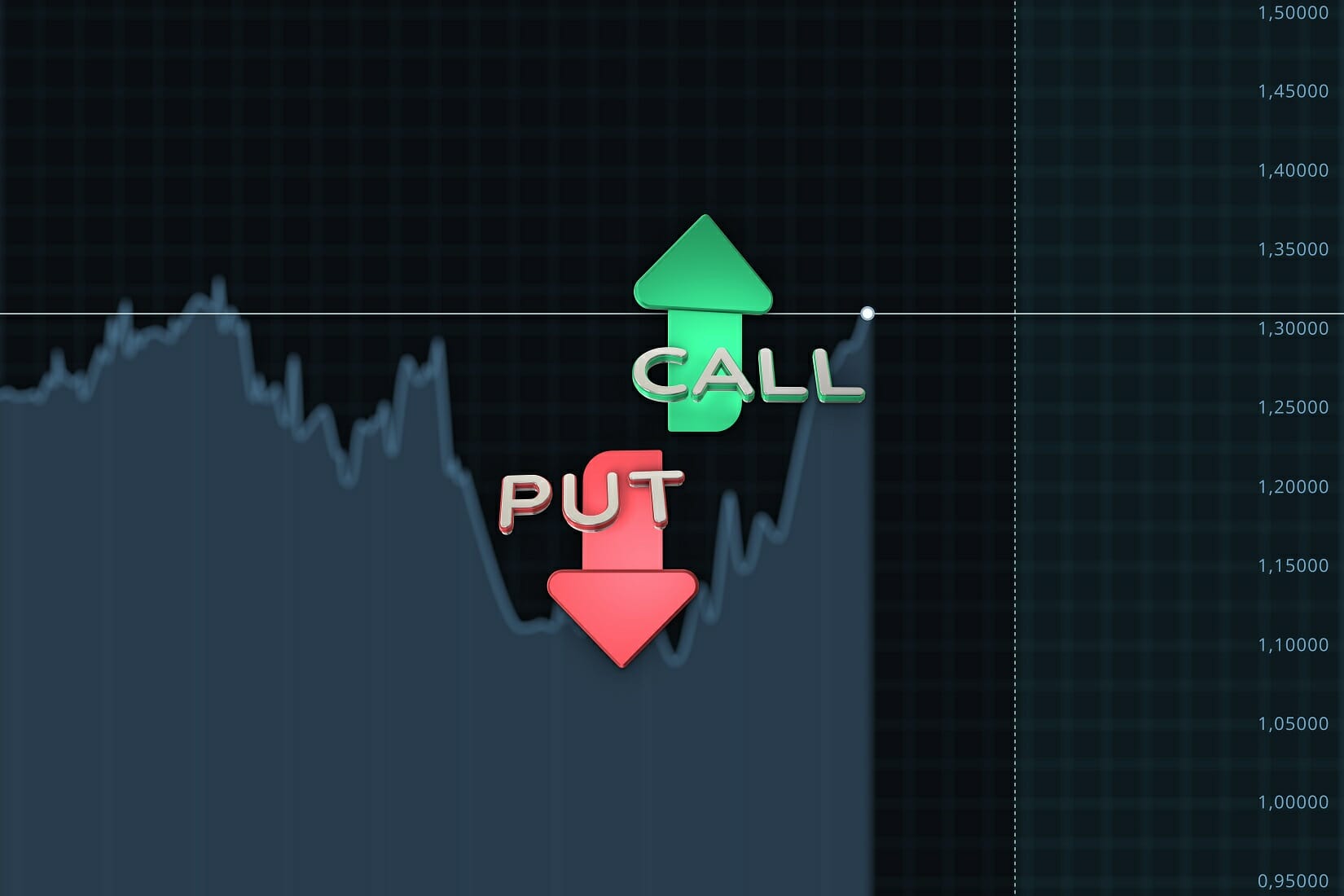Introduction
In the ever-evolving world of finance, day trading call options has emerged as a captivating investment strategy that has the potential to yield substantial returns. Yet, amidst the allure of potentially lucrative gains, it’s imperative to equip yourself with a comprehensive understanding of this sophisticated trading instrument. This insightful article aims to empower you with the knowledge and strategies necessary to navigate the world of day trading call options with confidence and make informed decisions that could potentially enhance your financial success.

Image: www.youtube.com
Understanding Call Options
Simply put, a call option grants the holder the right, but not the obligation, to purchase an underlying asset (such as a stock or an index) at a predetermined price (the strike price) on or before a specific date (the expiration date). By acquiring a call option, you essentially bet that the underlying asset’s price will rise above the strike price before the option expires. If your bet proves correct, you have the opportunity to exercise your right to buy the asset at the strike price, potentially profiting from the difference between the market price and the strike price.
Day Trading vs. Long-Term Holding
Day trading call options differs from long-term holding in that it involves buying and selling options within a single trading day. This strategy capitalizes on short-term price movements, aiming to generate profits through precise timing and calculated risk-taking. Day traders typically hold their options for a few hours or minutes, seeking to capture small but frequent gains. In contrast, long-term holders typically retain their options for weeks, months, or even years, anticipating substantial price appreciation in the underlying asset.
Leveraging the Power of Price Movements
The allure of call options lies in their ability to amplify profits when the underlying asset’s price moves in your favor. For example, let’s say you purchase a call option for a stock that’s currently trading at $100 with a strike price of $105. If the stock price rises to $110 before the option expires, you can exercise your option and buy the stock at $105, then immediately sell it at the market price, netting a profit of $5 per share (minus any premiums paid).

Image: corporatefinanceinstitute.com
Expert Insights: Managing Risk and Maximizing Profits
Seasoned day traders emphasize the importance of risk management and prudent trade execution. Here are a few expert insights to guide your journey:
-
Thoroughly Research: Before venturing into a trade, conduct extensive research on the underlying asset, market trends, and historical option prices. Knowledge is power in the trading arena.
-
Define Stop-Loss Orders: Establish clear stop-loss orders to minimize potential losses. These orders automatically sell your options if the price falls below a predetermined threshold, effectively safeguarding your capital.
-
Monitor Volatility: Volatility is the key driver of option pricing. Stay attuned to market conditions and adjust your trading strategies accordingly.
-
Master Timing: Day trading requires precise timing. Identify opportune entry and exit points through technical analysis or other trading tools.
Day Trading Call Options
Conclusion
Day trading call options presents a compelling opportunity for savvy investors seeking to generate substantial returns. By gaining a thorough understanding of option basics, adopting effective trading strategies, and embracing the insights shared by experienced professionals, you can harness the power of day trading and achieve your financial aspirations. Remember, the path to trading success lies in continuous learning, disciplined execution, and a steadfast commitment to building your knowledge and skills.






